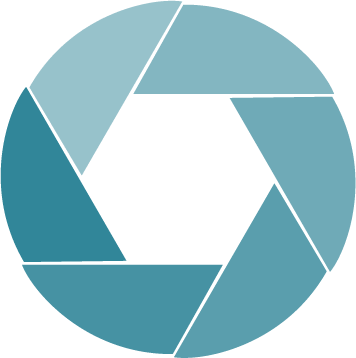Digital Competence Framework (DigComp)
The Digital Competence Framework was developed by the EU and presents resources to assess people's digital competences and identify gaps in their knowledge, skills and attitudes.
| Competence areas | Competences | |
| 1. | Information and data literacy | 1.1 Browsing, search-ing and filtering data, information and digital content |
| 1.2 Evaluating data, information and digital content | ||
| 1.3 Managing data, information and digital content | ||
| 2. | Communication and collaboration | 2.1 Interacting through digital technologies |
| 2.2 Sharing through digital technologies | ||
| 2.3 Engaging in citi-zenship through digital technologies | ||
| 2.4 Collaborating through digital technologies | ||
| 2.5 Netiquette | ||
| 2.6 Managing digital identity | ||
| 3. | Digital content creation | 3.1 Developing digital content |
| 3.2 Integrating and re-elaborating digital content | ||
| 3.3 Copyright and licences | ||
| 3.4 Programming | ||
| 4. | Safety | 4.1 Protecting devices |
| 4.2 Protecting personal data and privacy | ||
| 4.3 Protecting health and well-being | ||
| 4.4 Protecting the environment | ||
| 5. | Problem solving | 5.1 Solving technical problems |
| 5.2 Identifying needs and technological responses | ||
| 5.3 Creatively using digital technologies | ||
| 5.4 Identifying digital competence gaps | ||
Digital Competence Framework for Educators (DigCompEdu)
The Digital Competence Framework for Educators describes a set of competences regarding educators' digital skills. This framework is directed towards educators at all levels of education and describes 22 competences organised in six Areas. Instead of focusing on technical skills the framework aims to detail how digital technologies can be used to enhance and innovate education and training.
| Competence areas | Competences | |
| 1. | Professional Engagement | 1.1 Organisational communication |
| 1.2 Professional collaboration | ||
| 1.3 Reflective practice | ||
| 1.4 Digital Continuous Professional Development (CPD) | ||
| 2. | Digital Resources | 2.1 Selecting digital resources |
| 2.2 Creating and modifying digital resources | ||
| 2.3 Managing, protecting and sharing digital resources | ||
| 3. | Teaching and Learning | 3.1 Teaching |
| 3.2 Guidance | ||
| 3.3 Collaborative learning | ||
| 3.4 Self-regulated learning | ||
| 4. | Assessment | 4.1 Assessment strategies |
| 4.2 Analysing evidence | ||
| 4.3 Feedback and planning | ||
| 5. | Empowering Learners | 5.1 Accessibility and inclusion |
| 5.2 Differentiation and personalisation | ||
| 5.3 Actively engaging learners | ||
| 6. | Facilitating Learners’ Digital Competence | 6.1 Information and media literacy |
| 6.2 Digital communication & collaboration | ||
| 6.3 Digital content creation | ||
| 6.4. Responsible use | ||
| 6.5 Digital problem solving | ||


 Deutsch
Deutsch